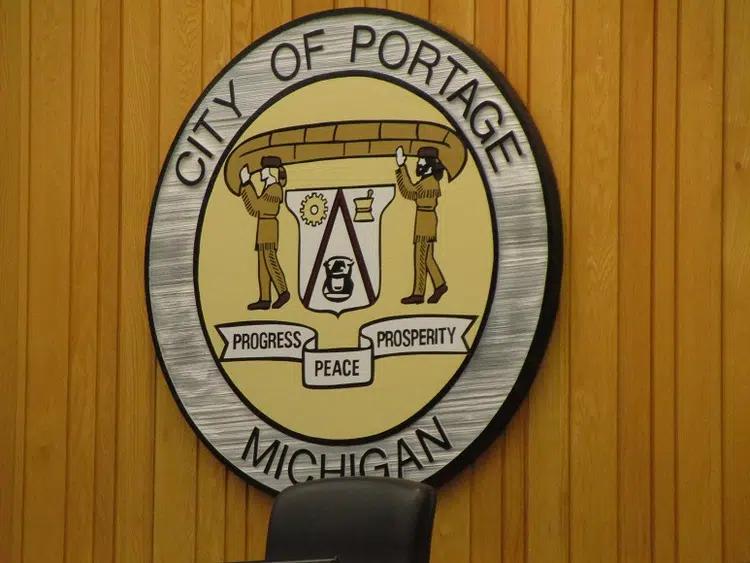PORTAGE, MI (WKZO AM/FM) — The Department of Homeland Security, Federal Emergency Management Agency (FEMA), announced that the City of Portage will increase to a Class 7 in the National Flood Insurance Program (NFIP) Community Rating System (CRS).
The CRS credits community efforts beyond those minimum standards by reducing flood insurance premiums for the community’s property owners. The floodplain management activities implemented by the city qualify it for a 15 percent discount on flood insurance premiums for most NFIP policies issued to or renewed by Portage residents if their property is located in a FEMA-designated floodplain area.
A spokesperson stated, “These savings are a tangible result of the flood mitigation activities your community implements to protect lives and reduce property damage. I commend you on your community actions and your determination to lead your community to be more disaster resistant. This commitment enhances public safety, property protection, and protects the natural functions of floodplains, and reduces flood insurance premiums.”
The City of Portage received 1,525 credit points which resulted in a recommendation that the community improves from a CRS Class 8 (10% discount) to a
CRS Class 7 (15% discount). The city has met all Class 7 prerequisites including:
• Having written construction certificate management procedures for all new and substantially improved/substantially damaged buildings.
• Informing the public of basic flood zone information from the community’s latest Flood Insurance Rate Map (FIRM) and offering additional FIRM information and flood depth data.
• Conducting and adopting flood studies for areas not included on the FIRMs and that exceed minimum mapping standards.
• Preserving approximately 55 percent of the Special Flood Hazard Area (SFHA) as open space, protecting open space land, and preserving open space land in a
natural state.
• Enforcing regulations that require development limitations, freeboard for new construction and substantial improvement, foundation protection, protection of
critical facilities, and local drainage protection, as well as enforcing building codes.
• Maintaining and using additional map data in the day-to-day management of the floodplain, establishing and maintaining a system of benchmarks, and
maintaining copies of all previous FIRMs and Flood Insurance Study reports.
• Enforcing regulations for stormwater management, soil and erosion control, and
water quality.
For more information about the NFIP, visit https://www.fema.gov/flood-insurance.









Comments